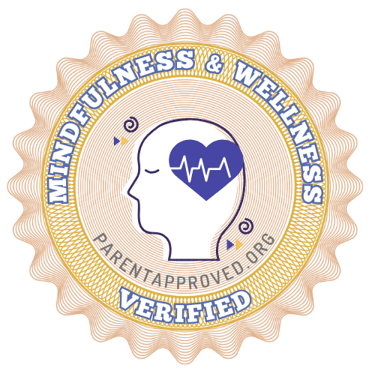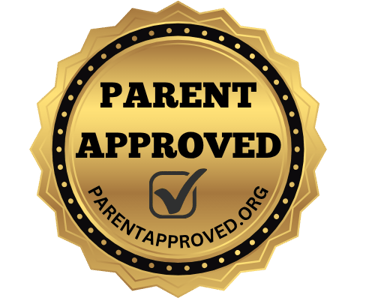Mindfulness & Wellness
$100 / year (Annual Review)


Badge Description:
Awarded to programs that help children develop inner calm, emotional strength, and physical fitness through activities that build confidence, focus, and self-discipline.
Eligibility Criteria:
To earn the Mindfulness & Wellness badge, providers must demonstrate a commitment to whole-child well-being through the following:
Required Components (Must meet all):
Emotionally Supportive Practices – Activities include breathwork, journaling, gratitude practices, or spiritual reflection.
Safe & Respectful Environment – Activities promote empathy, inclusion, communication, and healthy peer interactions.
Intentional Teaching of Wellness Concepts – Instruction includes topics like self-awareness, emotional regulation, balance, rest, resilience, or faith-based values.
Time Set Aside for Inner Wellness – Programs include consistent time (daily or weekly) dedicated to mindfulness, reflection, or emotional growth.
Non-Academic Focus – Activities are clearly centered on well-being and emotional/physical balance, not just academic instruction.
Suggested Qualifiers (At least 2 recommended):
Yoga or Movement Practice – Program includes guided yoga sessions, stretching routines, or body flow activities that promote mind-body awareness.
Martial Arts or Discipline Training – Students participate in structured movement practices such as karate, taekwondo, or other forms of discipline-based fitness.
Mindfulness or Spiritual Journaling – Children engage in reflective writing through gratitude logs, prayer journals, or emotional tracking.
Peer Connection or Circle Time – Program offers regular group time for emotional check-ins, spoken affirmations, or shared devotions to foster connection.
Nature-Based Wellness – Activities take place outdoors and include grounding experiences like mindful walks or nature reflection.
Fitness & Energy Outlets – Children engage in activities that channel energy through obstacle courses, cardio movement, or balance-based routines.
Guided Breathwork or Visualization – Sessions include intentional breathing exercises and calming visualizations to support emotional regulation.
Nutrition or Self-Care Education – Program teaches children about hydration, rest, hygiene, and other essential wellness habits.
Supporting quality education for families and children.
© 2025. All rights reserved.
ParentApproved.org is a program of Positive Energy International, Inc., a registered 501(c)(3) nonprofit organization.
Our verification process is independent and is not affiliated with or endorsed
by Step Up For Students, Florida's Department of Education, or any government agency.
Participation is voluntary and does not imply licensure, state endorsement, or funding eligibility.
Terms and Conditions


CONTACT US: